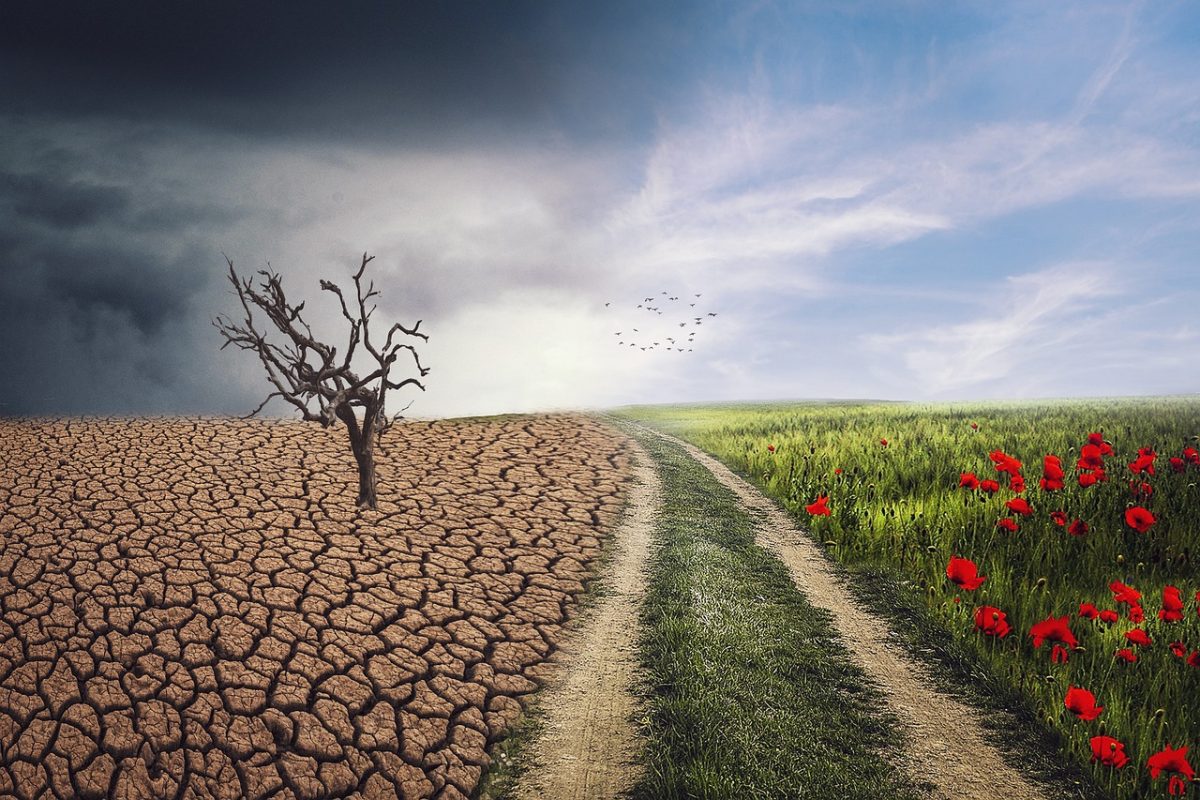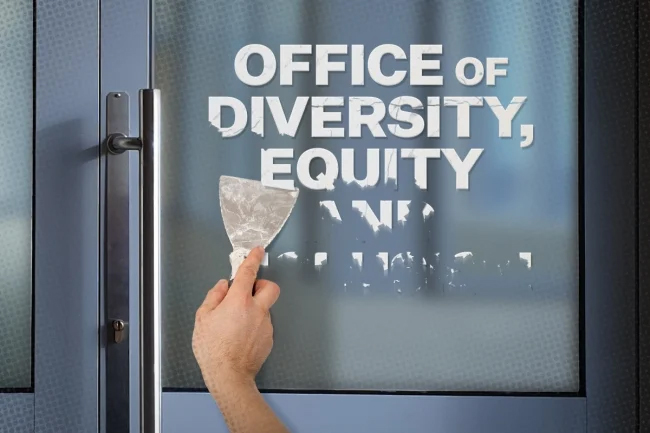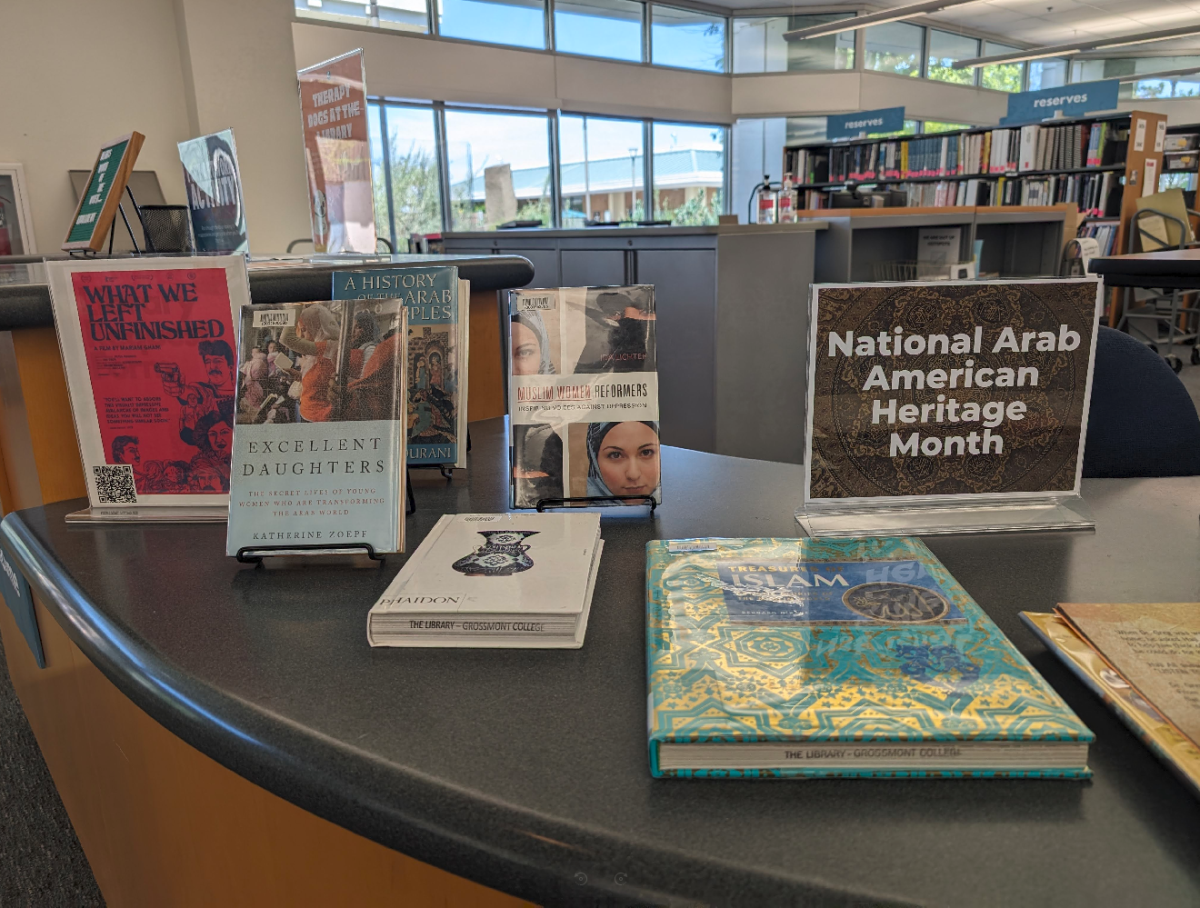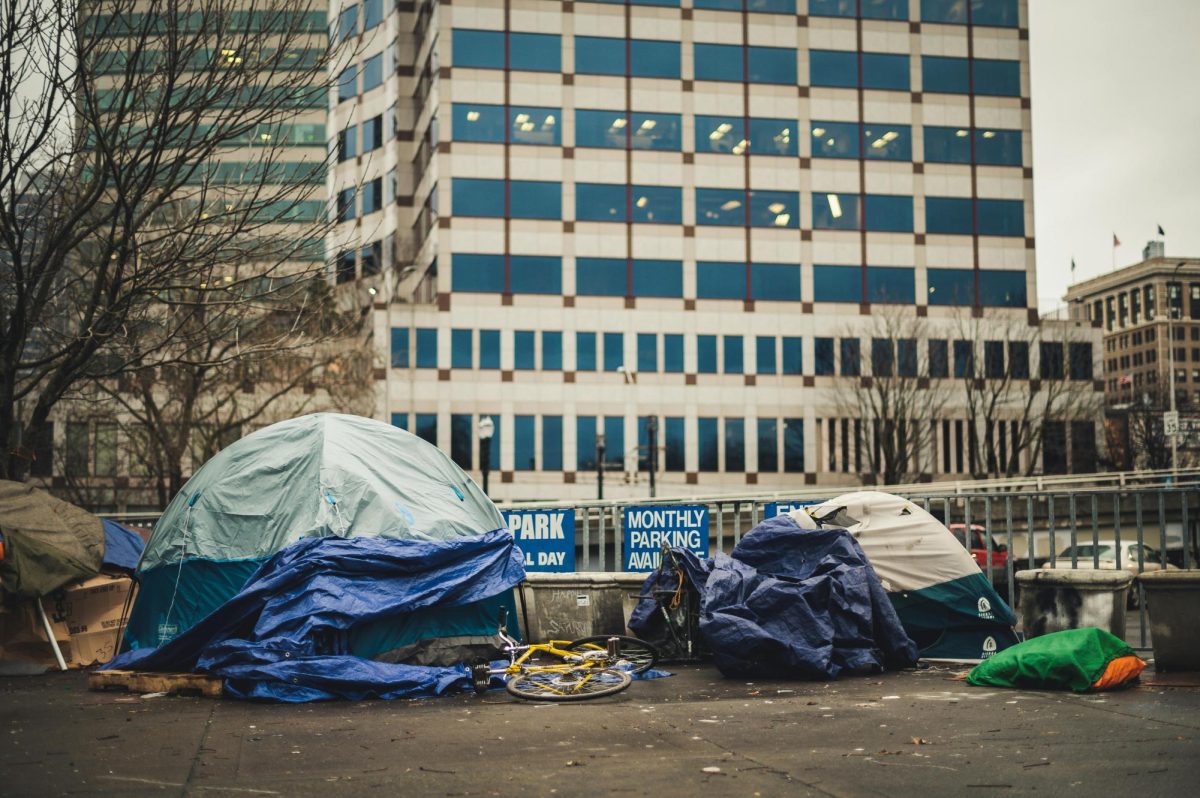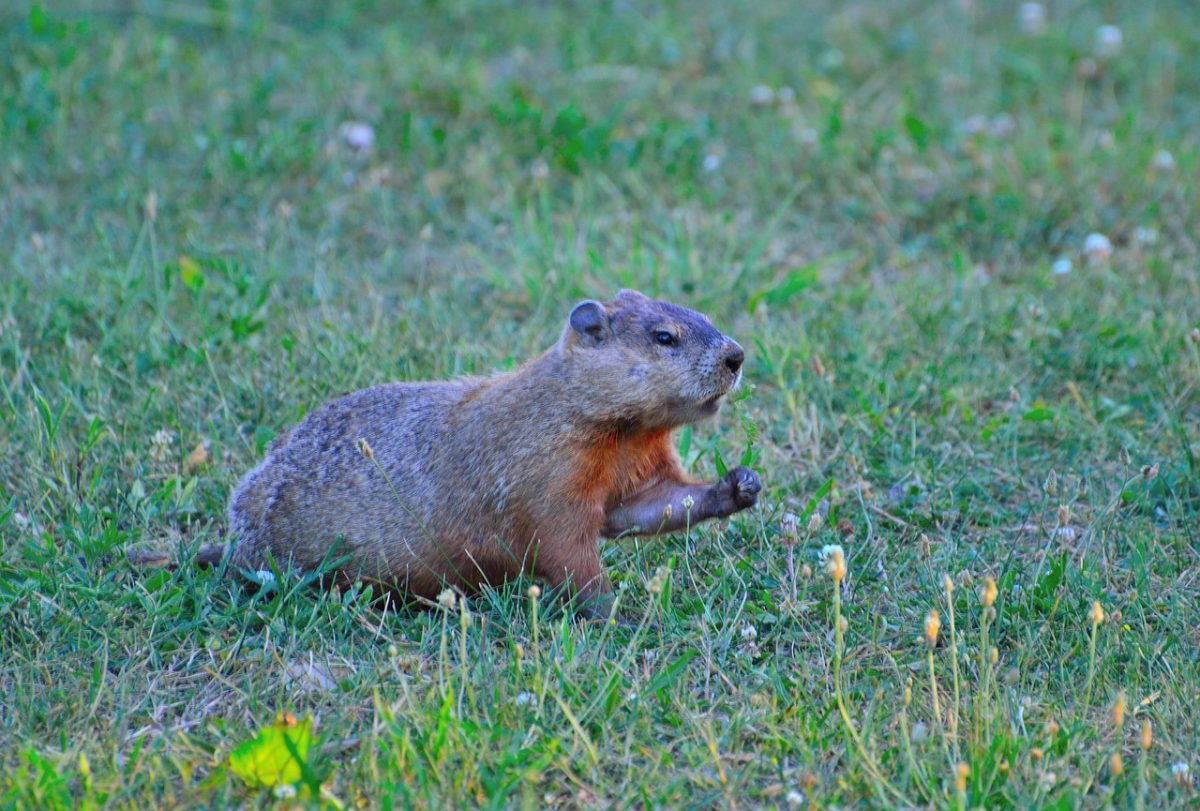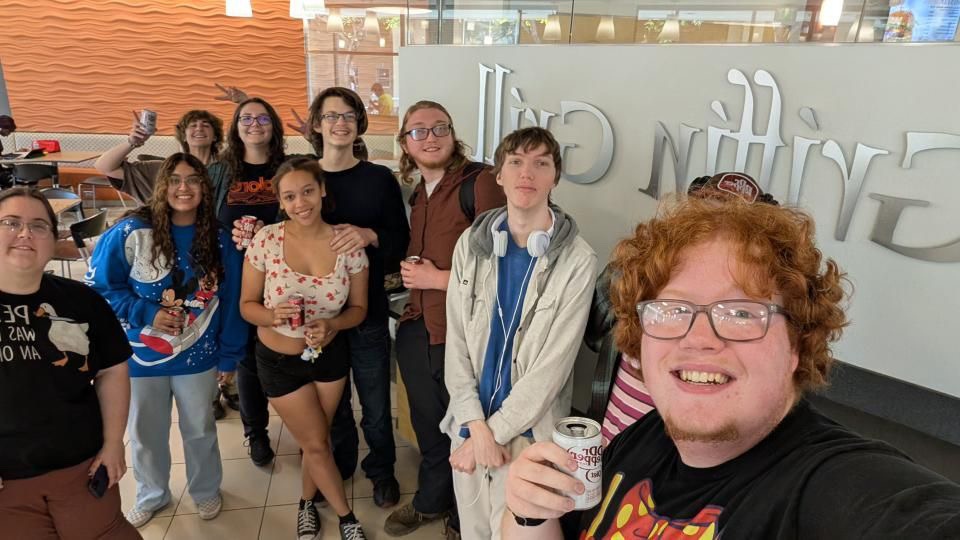There are lots of things in any student’s life that can be a cause for stress. Whether it is homework, career decisions or maintaining a social life, students have a lot on their plates. As we find ourselves growing more aware of the world around us and the factors that are outside of our control, these stressors seem to only get larger.
“Climate anxiety” is a term used to describe the stress and concern felt regarding climate change, as well as other environmental issues and discussions. Global temperatures have been rising over many years. These rising temperatures have been accelerated due to human activities, specifically the release of carbon emissions into the atmosphere. Some feel that climate change is not a threat, while for others, it hits too close to home. Everyone is affected by these circumstances in different ways, and learning to navigate this anxiety is something many people find themselves dealing with.
“It’s kind of a lot all at once,” Grossmont student Natalie Loshkajian said. “I’ve lived in San Diego for a really long time and for the first time in my life, I’m seeing such a difference in our weather.”
The recent rain has damaged infrastructure and resulted in mass flooding throughout San Diego County, and wildfires have spread more each year throughout California. These noticeable weather changes can cause uncertainty among residents regarding the potential long-term impacts.
“I see the sky and the clouds and I see what everything looks like, and I’ve never seen this before,” Loshkajian said. “It’s kind of scary in a way. I know it sounds extreme, but it kind of is like that.”
Climate anxiety, however, does not only arise from the pressure of immediate environmental concerns. There is a larger shadow cast over the future of our global affairs; this can include climate and environmental justice or political and educational reform. A lack of information can leave people confused about possible resolutions to the climate crisis. While many solutions seem out of reach, there is plenty that can be done to instigate change in your personal life or your communities.
“If you’re just learning about the problems and the issues, without also understanding some of the solutions and the positive things that are being done, it can really kind of be depressing,” Grossmont Earth Sciences Professor Judd Curran said. “The more that you learn, the more you can understand the situation, and that can help as an initial step in alleviating some of that anxiety.”
In 2019, the Grossmont-Cuy
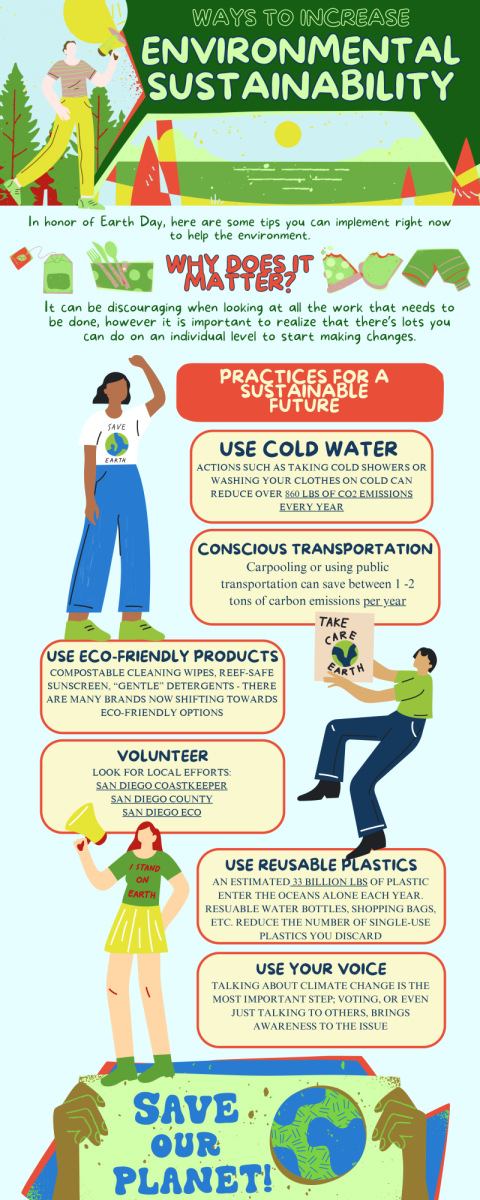
amaca Community College District passed the Governing Board Resolution #19-012 to support climate change literacy. The resolution states that the district “will continue to expand its commitment to addressing climate change by promoting a culture of sustainability and climate change science literacy through leadership, policies, practices, and engagement of employees, students, and the community.”
Chancellor Lynn Ceresino Neault announced in an April 5 email that the solar panels on both Grossmont and Cuyamaca’s campuses were officially connected. In addition to the renewable energy source, Neault wrote that the panel and solar storage systems are projected to save the school $43 million over the next two decades, with savings of $600,000 in the first year.
Grossmont has also received certification for Leadership in Energy and Environmental Design.
“Whether it’s the electricity, the water, the solar, what we walk on or how we design places, all of that really matters,” the Vice President of Academic Affairs, Agustin Albarrán, said. “It’s an honor to be a green campus and to receive this LEED certification, so I can say that from that perspective there is definitely a commitment to think about green spaces on campus.”
“We are stewards for setting the tone for our community,” Grossmont College President Denise Whisenhunt said. “There’s a lot of intentional work in how we look at our community, even conservation of spaces on our campus as well.”
While Grossmont works to promote sustainability on campus, there are many factors that need to be considered. “We’re in this place where climate change is moving faster than we are and it really takes a response at all scales,” Curran said.
Grossmont students come from a broad diversity of communities and backgrounds; therefore, participation may not be possible for all those who would like to help. Topics of natural disasters, climate change and other global affairs should be handled with nuance and compassion.
“You have to be careful. Some of the prescriptive things that you hear in society, such as: ‘Oh you shouldn’t drive your car as much and just ride your bike more,’ that’s not necessarily an option for some people,” Curran said. “So, thinking about the things that everybody can do, like getting more civically engaged; voting and building community with each other, I think is really important.”
Students may feel that their impact doesn’t make a difference in the grand scheme. However, something as simple as picking up your trash or separating your recyclables can. Participating in Earth Day activities, such as those put on by the ASGC, can also be a good start. Taking classes, such as “Global Issues” or “Environmental Biology,” can be great introductions to these topics. Other courses, including arts and literature, also implement discussions of climate change in their curriculum. Engaging in these activities establishes a relationship between yourself and the world around you. Most importantly, it introduces these conversations to a larger community.
“It’s almost generational, in how people perceive what beauty is, and the choices that they make to make their spaces and their communities more beautiful are enhanced by this knowledge,” Whisenhunt said. “Really, just to tell one other person, to share the message is really important for conservation and respecting spaces. So critically important.”
In the face of climate anxiety, it can be daunting to think about the future. However, assimilating yourself into the conversation is essential to making a difference. Learning about these topics, and discussing them with others, inspires the potential for improvement.
“When you learn how corporations just go and tear everything up and mine everything and keep people poor, and they make billions of dollars, it’s just so overwhelming,” Loshkajian said. “But when I drive around I can see how life regenerates everywhere and it always prospers over everything else; it’s so lush and so green and you can tell that no matter what, stuff will start growing. That’s the only thing that in my heart I know will always win.”


